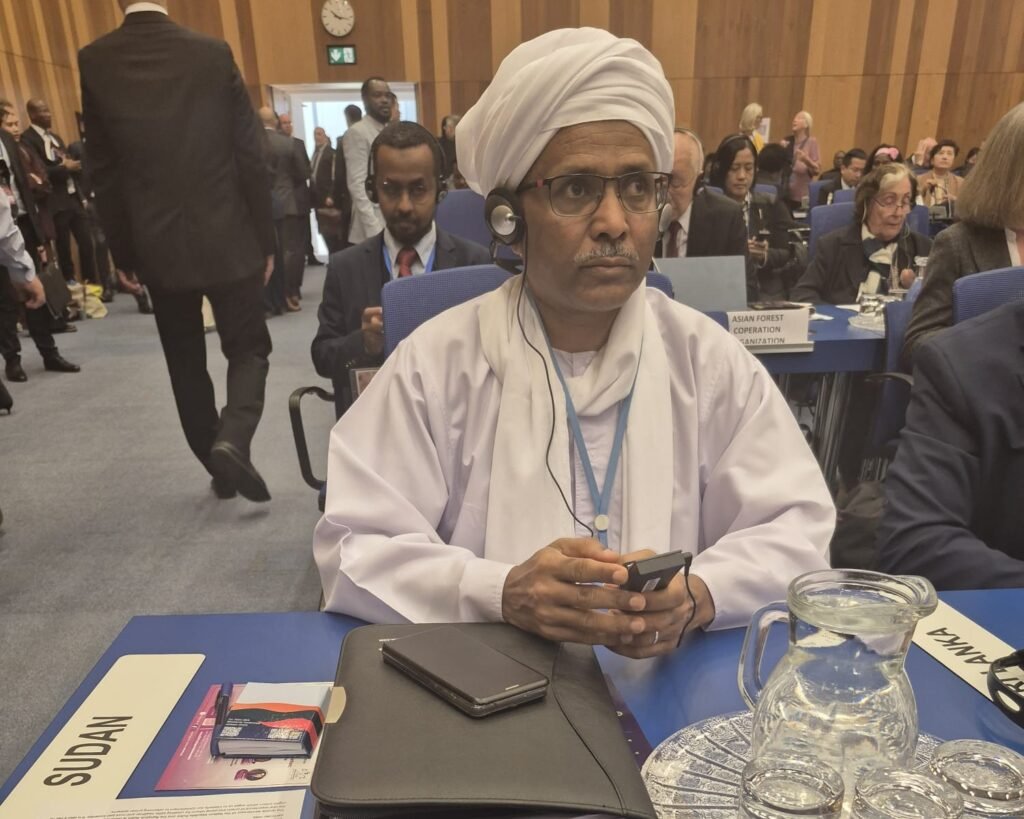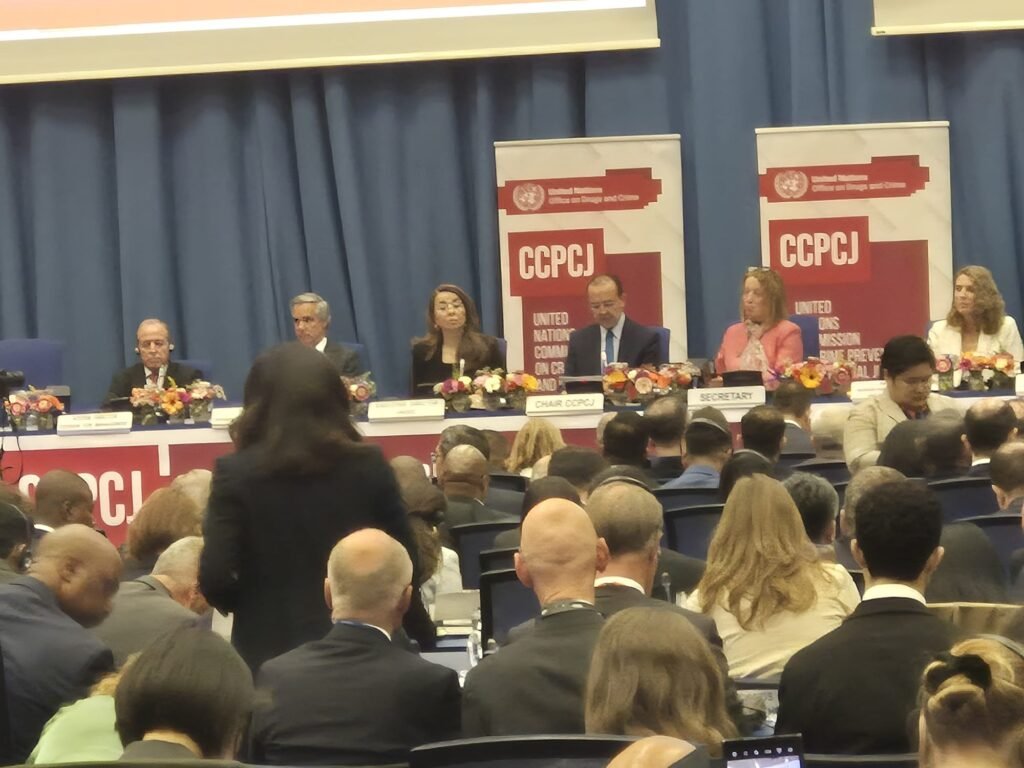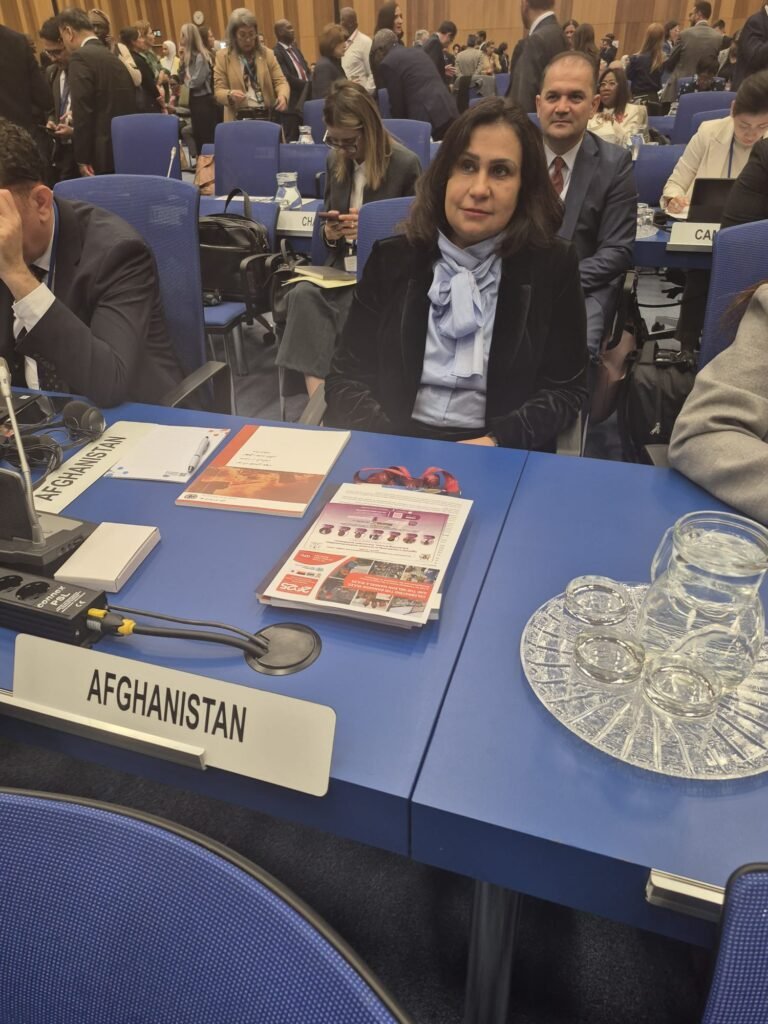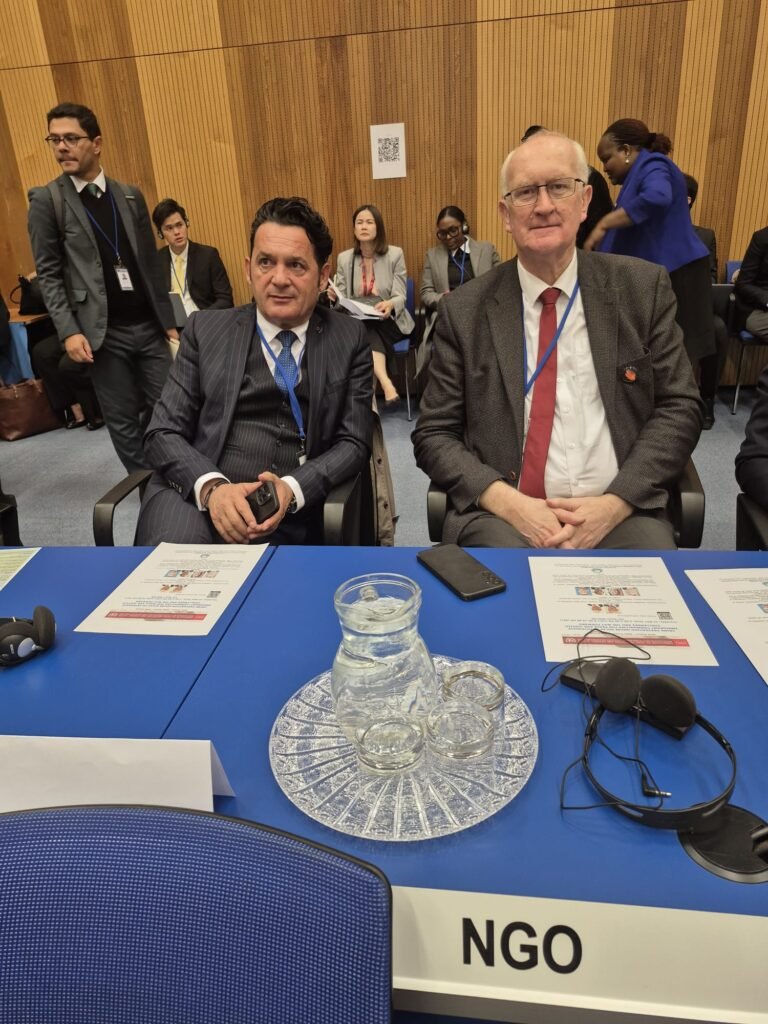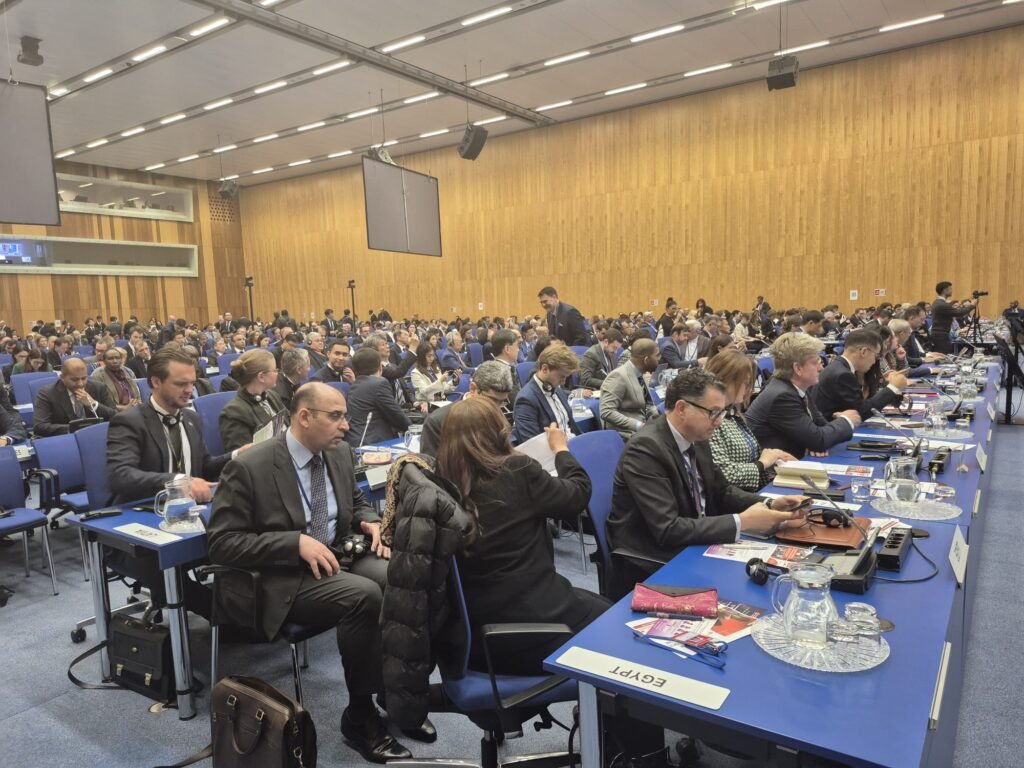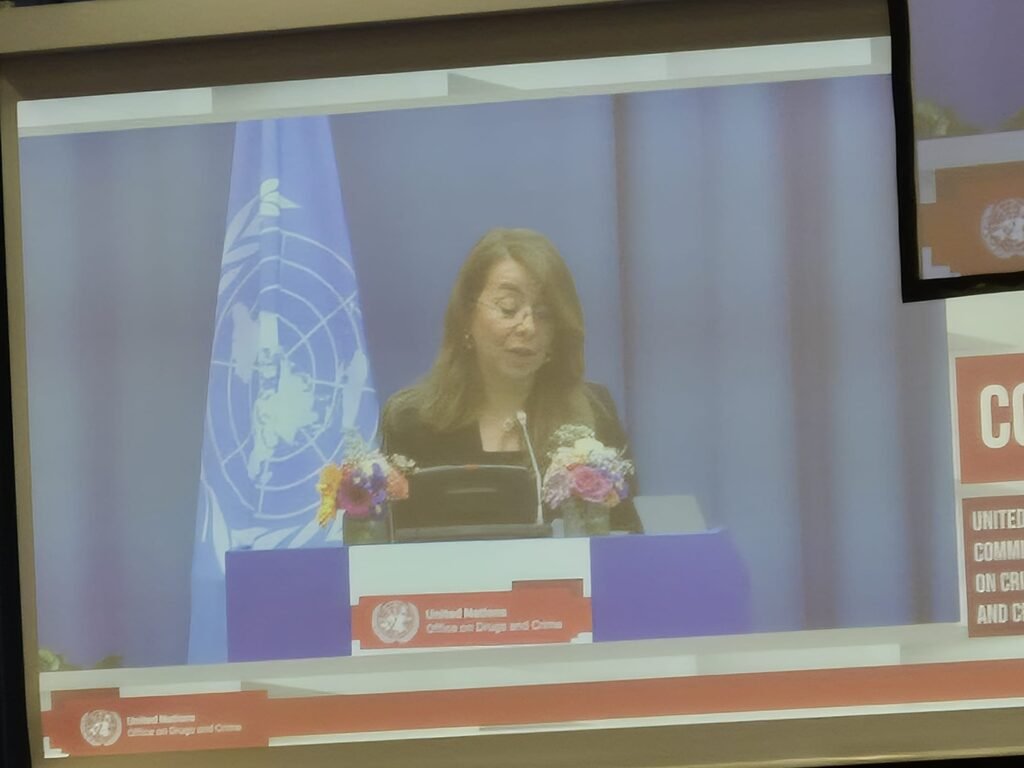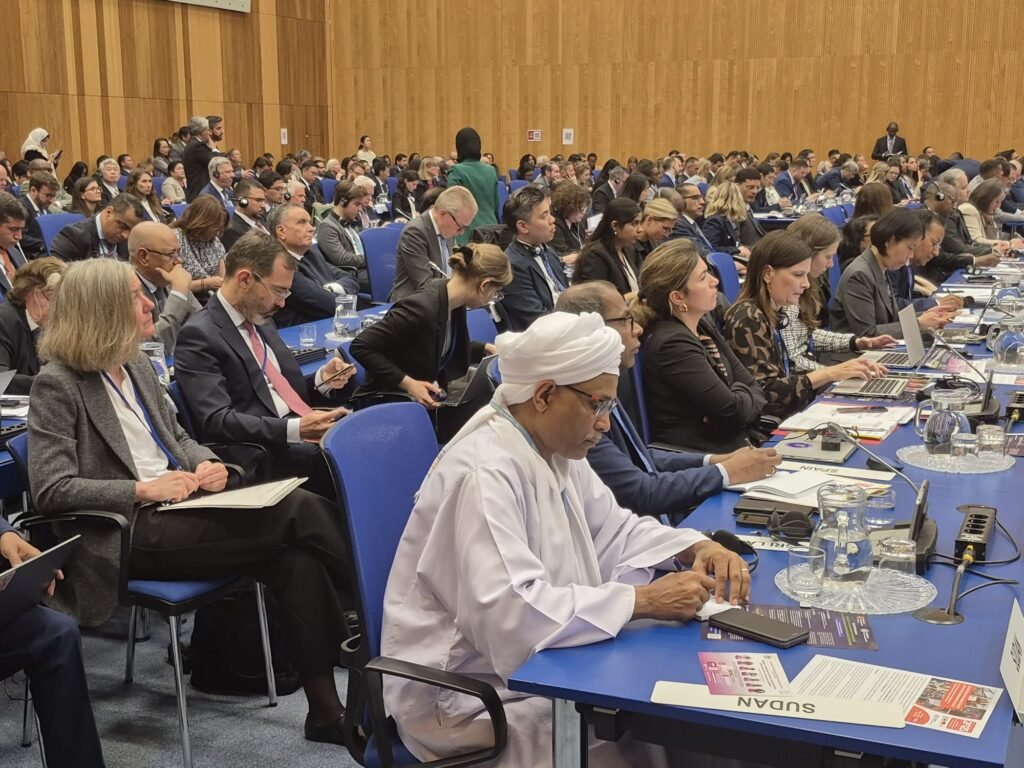Understanding Political Philosophy: A New Orientation
Dr. Sradj’s study, ‘Political Philosophy in the 21st Century,’ seeks to navigate the multifaceted complexities of modern governance and social interaction. In an era characterized by rapid change and uncertainty, this work emphasizes the critical need for a renewed engagement with political philosophy as a compass for decision-making. The intent of this study is to provide clarity and direction, equipping individuals with the intellectual tools necessary to make informed and ethical choices in both their personal and public lives.
At its core, philosophy is defined as the ‘love of wisdom.’ This age-old concept bears particular significance in today’s society, where the sheer volume of information can often overshadow the virtues of wisdom. Understanding wisdom as more than mere knowledge is crucial; it encapsulates the ability to apply knowledge judiciously in various situations. In this context, Dr. Sradj’s perspective is particularly valuable. As a Syrian Arab, he offers insights rooted in a rich cultural heritage, highlighting the intersection of global and local experiences in the quest for wisdom.
The distinction between knowledge and wisdom is paramount in contemporary political discourse. Knowledge can be seen as the accumulation of facts and figures, whereas wisdom involves the application of that knowledge to address complex human experiences and societal challenges. Dr. Sradj’s work encourages a critical examination of current political trends, advocating for the inclusion of wisdom in legislative and civic discussions. This includes recognizing historical contexts, cultural narratives, and the moral implications of public policy decisions. Ultimately, the integration of wisdom into political philosophy can pave the way for more thoughtful governance, fostering an environment where peace and understanding can thrive amid the challenges of the 21st century.
The Importance of Non-Violence and Moral Courage
In the realm of political philosophy, the principle of non-violence holds a significant place, particularly as exemplified by Mahatma Gandhi. He posited that the pursuit of political goals through peaceful means is a profound demonstration of courage, contrasting with the more conventional notion that strength is manifested through aggression and retaliation. This approach emphasizes the moral imperative to seek resolutions that do not inflict harm on others, embodying an essential tenet of ethical leadership.
The maxim ‘an eye for an eye’ encapsulates a mindset that often leads to cycles of violence and retribution, undermining the foundations of societal harmony. Such retaliatory attitudes can precipitate widespread destruction, further entrenching conflicts rather than resolving them. Gandhi’s philosophy teaches that true strength lies in the ability to forgo vengeance, advocating for understanding and dialogue instead. By rejecting violence, individuals and movements not only preserve their moral integrity but also create a conducive environment for sustainable peace.
This principle is pertinent in the context of contemporary global crises, where Machiavellian tactics often prioritize power over ethics. Such strategies contribute to moral decay and unrest, fostering a culture where ends justify means, regardless of the collateral damage inflicted upon innocent lives. The consequences of this approach manifest in conflicts that not only devastate nations but also erode the moral fabric of societies. Hence, it becomes clear that embracing non-violence and moral courage is integral to achieving lasting solutions in today’s tumultuous political landscape.
Ultimately, the cultivation of a political ethos grounded in non-violence can significantly influence how individuals and communities engage with power dynamics. By prioritizing dialogue over discord, there exists a path towards reconciliation, ensuring that the pursuit of wisdom and peace is aligned with ethical standards that promote human dignity and coexistence.
Anthropology and the Relationship between Humanity and Nature
The transformation of anthropological perspectives as proposed by Dr. Sradj marks a significant shift in understanding the intricate relationship between humanity and nature. Traditionally, anthropological studies have often placed humans at the center of the natural world, fostering a view that overlooks the critical interconnections between human beings, animals, and the environment. However, Dr. Sradj advocates for a reevaluation that recognizes the essential role nature plays in shaping human existence and vice versa. This innovative approach encourages a deeper awareness of humanity’s impact on the earth, emphasizing the need for sustainable practices and a respectfully harmonious existence.
In this contemporary framework, the interconnectedness of all life forms becomes paramount. The relationship between humans and nature is no longer one of domination or exploitation but rather one of coexistence and mutual support. This paradigm shift demands that humanity not only reflects on its actions but also embraces a sense of responsibility towards the environment and its inhabitants. By understanding that the welfare of human beings is inextricably linked to the health of the planet, society can pave the way for more thoughtful policies and practices that prioritize ecological balance.
Furthermore, Dr. Sradj introduces aesthetics as a vital lens through which we can better comprehend the relationship between humanity and nature. Aesthetics encourages individuals to appreciate the beauty and complexity of the natural world, fostering a sense of reverence for the environment. This shift in perspective can inspire a deeper emotional connection to nature, promoting protective behaviors and environmental stewardship. Through aesthetic engagement, one may come to appreciate the intrinsic value of all life forms, recognizing that humanity’s survival hinges on nurturing these relationships rather than exploiting them. Hence, adopting this comprehensive understanding of anthropology is essential for cultivating a more profound wisdom and peace within 21st-century political philosophy.
Political Aesthetics: Bridging Cultures and Promoting Peace
Political aesthetics encompasses the study of beauty and its relationship with politics, serving as an essential lens through which intercultural communication can be understood and enhanced. In an increasingly interconnected world, the aesthetic experiences of individuals from diverse cultural backgrounds can foster dialogue and mutual understanding. Art, architecture, and cultural artifacts stand as testaments to human creativity and can bridge divides when they are appreciated across different cultures.
Notably, the destruction of cultural heritage, notably the tragic events that unfolded in Palmyra, reflect a profound loss that transcends individual nations and affects our collective human identity. Such actions not only eliminate historical and aesthetic treasures but also sever the narratives that bind humanity together. In this context, the preservation of cultural heritage becomes a moral imperative that demands global attention and action. The urgency of the situation has precipitated calls for international tribunals that hold accountable those who commit acts of cultural vandalism. This accountability is vital in facilitating a sense of justice and reconciliation in a world marred by conflict.
Furthermore, the aesthetics of political discourse can act as a catalyst for peace-building efforts. By emphasizing beauty—both in nature and in human expression—communities can find common ground, encouraging collaborative initiatives that transcend historical grievances. Artistic endeavors, such as interactive installations, public art projects, and cultural exchanges, serve as vehicles for promoting inclusivity and dialogue. This perspective highlights the essential role of aesthetics not only as an expression of personal identity but also as a means of cultivating peaceful interactions. In envisioning a world where beauty unites rather than divides, we can better navigate the complexities of cultural differences and work towards a more harmonious global community.
